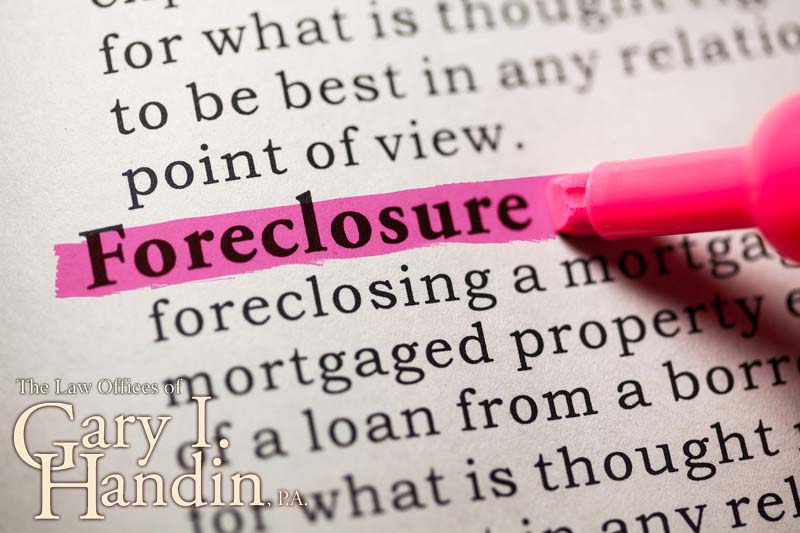
If someone has taken out a home loan and is unable to pay the loan, there are a few actions the lender is likely to take and associated repercussions for the borrower. This article is going to focus on the contrast between foreclosure and short sale.
Foreclosure
What is it?
In a foreclosure, through instituting a legal foreclosure action, the mortgage holder or the lender will assume or resume the title of owner of the property; and the borrower is then evicted. Usually, the lender is the party that holds the mortgage. These properties are then resold either via auction to the highest bidder or via more traditional real estate agents. They are considered ready for sale once the legal foreclosure procedure is compete.
When is it More Likely?
A foreclosure is appropriate if a borrower has chronically defaulted their home loan payments. The lender, usually a bank, will then take possess of the property as collateral for the home loan.
Pros to Foreclosure from the Lender’s Perspective
- Quick turnover on property: some responses are received with beginning processing started within 48 hours.
- The price is equal to the market value.
- The property has a secure title and is lien free: No added lien expense.
Cons to Foreclosure from the Homeowner’s Perspective
- There is no relocation incentive.
- Credit: Foreclosures are associated with poor debtor-creditor relationship. They have been reported to cause a 200- to 400-point drop in credit score that will remain on your credit history for 7 years.
- Complications: these include hidden costs associated with neglected properties. Often, chronic defaulters ignore maintenance and upkeep of the properties and may lead to sinking foreclosure deals.
- Future: If you are ever forced to have your property foreclosed upon, you must mention this on every future loan application – significantly lowering your chances of getting approval. You would be eligible to buy a home in 5 years’ time with certain restrictions, and 7 years’ time without restriction.
Short Sale
What Is It?
A short sale process generally involves a sale of the house back to the owner for a small fee. It does not require real estate agents, but may require legal counsel.
When is it More Likely?
A short sale is chosen in order to avoid foreclosure of the property when the outstanding amount on the home loan is more than the home’s current market value and can be suggested if the borrower is in default on mortgage payments. This form of sale requires the lender’s approval, inasmuch as it requires the lender to accept less than the full amount owed.
Pros to Short Sale
- Relocation incentives are usually included for the borrower.
- The negative effect on the credit score is smaller than a foreclosure and not permanent.
- You are highly involved in the resale process and are, therefore, allowed more control over totals and timeframes.
Cons to Short Sale
- Very slow; can from 3- to 12-months.
- Credit: Causes a 50- to 150-point drop in credit score.
- Future: A short sale does not have to be mentioned on future home loan applications.
Although being unable to pay installments on the mortgage is scary, foreclosures and short sales are easier ways to deal with a very multifactorial threat. They each come with their pros and cons which should be weighed up with great consideration by you and your real estate attorney. If you have any questions about foreclosure versus short sale, contact us at The Handin Lawfirm today.





